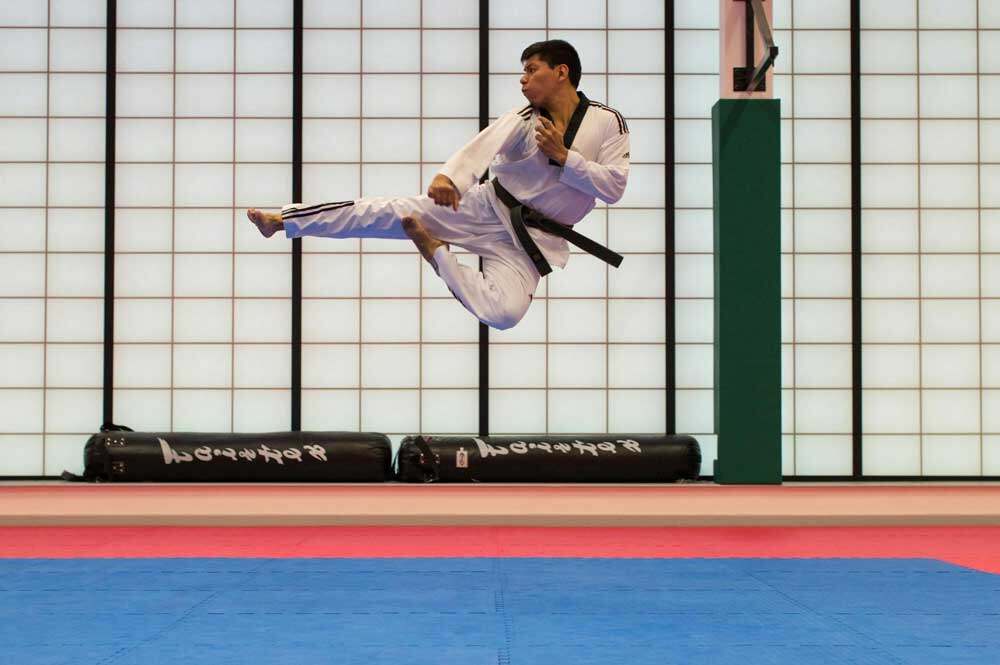

Nations battling for Olympic success in a global sporting ‘arms race’ has led to elite coaches migrating to Western countries as they bid to escape antiquated and restrictive coaching regimes in their home countries, reveals a new study funded by the International Olympic Committee’s Olympic Studies Centre.
National teams pursuing Olympic gold medals are increasingly recruiting foreign elite coaches from the leading countries, as they try to close the gap between themselves and the top medal-winners in particular sports.
But elite coaches have their own reasons for moving – either heading for a destination where performance levels are lower, and they can add value or seizing a career development opportunity and leaving behind outdated coaching practices.
“Many Western countries have imported coaches from other nations, recognising the world-best expertise in the respective sports, compared to their weaker performance levels.”
–Assistant Professor Yoon Jin Kim – University of Birmingham
Researchers from the University of Birmingham and Loughborough University carried out in-depth interviews with elite coaches from Korea – a country renowned for success in taekwondo and short track speed skating – who had moved to coach other national teams in these sports.
Publishing their findings in International Sport Coaching Journal, the experts reveal an underlying reason for the coaches’ international mobility: ‘dual imbalances’ existing between the sending and receiving countries – both in levels of sporting performance and perceived levels of modernisation in coaching cultures and sports systems.
Lead author Assistant Professor Yoon Jin Kim, from the University of Birmingham, commented: “Many Western countries have imported coaches from other nations, recognising the world-best expertise in the respective sports, compared to their weaker performance levels.
“Korean coaches’ desire to work in the West is partly driven by their aversion to the coaching culture and practices in Korea – an authoritarian sporting environment and issues, such as inefficient administration, sectarianism, and favouritism
“Rather than recycling the coaching practices they had experienced since their own athletic careers, our coaches hoped to explore other environments that they deemed more advanced than their own.”
The authors highlight that the race for Olympic medals among Western countries has created a migration flow from non-Western countries with world-class performance to Western liberal democracies.
This includes gymnastics coaches from the former Soviet Union to Australia, the UK and the US, archery coaches from South Korea to Australia, Italy and the US and diving coaches from China to Australia and the UK
Co-author Dr Minhyeok Tak, from Loughborough University, commented: “Certain countries, have achieved top level sporting performances through relatively harsh coaching methodologies emphasising discipline and conformity. In contrast, many Western societies have increasingly prioritised athlete welfare, safeguarding and scientific evidence-based coaching methods.
“Future research would benefit from investigating transitions of coaches who have accumulated authoritarian values and practices within highly performance-oriented and state-controlled societies and subsequently moved to a more liberalised environment.”



































